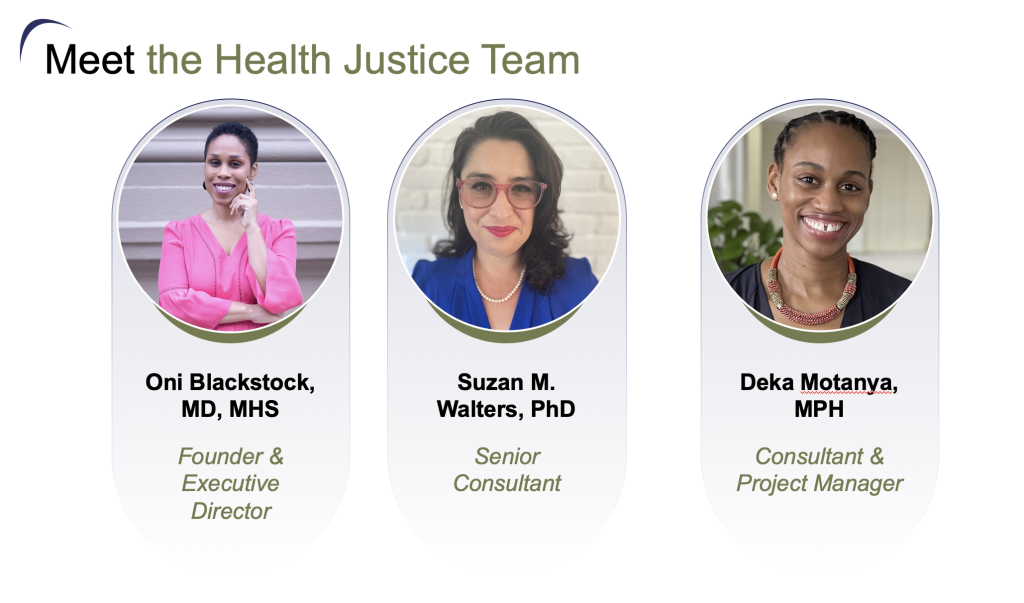‘Emphasis placed on addressing DEI in a substantive and thoughtful way’
ACLP made a commitment towards diversity, equity, and inclusion (DEI) based around recommendations from a task force that started work in late 2020.
One recommendation was to create a DEI subcommittee to advise the Academy on integrating a DEI lens across the breadth of operations—from recruitment, retention, and professional development of members to evaluating internal processes within the Academy and supporting trainees in C-L Psychiatry.

So what has happened since?
Till now, the DEI subcommittee, under the leadership of Leena Mittal, MD, FACLP, has been working largely behind the scenes, partnering with other Academy groups to develop resources for members working clinically or academically with historically marginalized patients.
“Our goal is to advance and integrate DEI into all aspects of ACLP, as we advance integrated psychiatric care for the medically ill,” they say.
Among their active projects are:
The DEI subcommittee also offered training to abstract submission reviewers through a webinar.

At the helm was Chandan Khandai, MD. He says: “As part of ACLP’s commitment to DEI, for the first time the Academy has asked all submissions to include a DEI statement on how their submission could advance diversity, equity, and inclusion, through either topic content or speaker panel.
“On the submission side, the DEI Subcommittee joined the Annual Meeting Committee and Mentorship Subcommittee in presenting this new aspect of submissions at the first annual workshop on Best Practices for Developing Annual Meeting Submissions.
“The DEI Subcommittee presented specific ways submissions could advance DEI within C-L Psychiatry, from documenting and critiquing health care disparities within their field, to providing tools to increase outreach and equity within the field, to highlighting and critiquing the need for further equity-focused research within the topic.
“The presentation also emphasized that diversity and inclusion in speakers can take many forms including, but not limited to, race and gender, disability and immigration status, different professional and training backgrounds, and varying career stages. In addition, true equity was not just adding speakers from earlier career stages and historically marginalized backgrounds, but mentoring and sponsoring them as co-speakers.
“On the review side, the DEI Subcommittee joined the training for submission reviewers in discussing evaluation of the DEI statement. Rather than utilizing a points system, which could introduce tokenism, holistic review of submissions was encouraged. In addition, emphasis was placed on addressing DEI in a substantive and thoughtful way, in both information presented as well as who was presenting it.”
“The ACLP Board has unwavering support for the DEI Subcommittee’s initiatives,” says Academy president Maryland Pao, MD, FACLP.
“Countless benefits exist for organizations seeking to center equity and inclusion as core values including better collaboration and idea-sharing, improved problem-solving, greater member retention and engagement, and innovation,” says Suzan Walters, PhD, senior consultant at Health Justice.

“In this context, ACLP has engaged Health Justice, an independent racial and health equity consulting firm, to conduct an organizational equity assessment. This assessment will explore how ACLP is doing from an equity perspective and will provide actionable recommendations to support ACLP in centering equity and inclusion as core values within ACLPs internal and external activities.
“An equitable and inclusive organization welcomes and empowers individuals from a cross-section of identities and backgrounds, particularly those that have been marginalized, into positions of leadership and decision-making within the organization, and supports them within those positions. In terms of its external activities, an equitable organization shows a deep commitment to building trusting two-way relationships with communities most impacted by health inequities.
“Health Justice will launch an organizational equity assessment survey that will explore members’ perceptions and experiences within ACLP related to several domains including decision-making and influence, organizational culture, and organizational and leadership commitment to equity. The survey will also examine how ACLP can best support members when it comes to equity and inclusion knowledge and practices—for example, how ACLP can deepen members’ understanding of equity- and inclusion-related topics and what are members/non-members’ preferences for equity- and inclusion-related resources from ACLP.
“We encourage all members to look out for announcements about the survey launch. Measures will be taken to maximize participant anonymity and privacy, including not sharing raw data with ACLP and only reporting aggregated (i.e., combined) data. Hearing from members is a key component of this process and will undoubtedly help contribute to a fruitful and generative organizational assessment.”